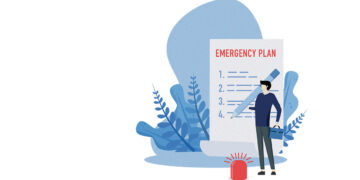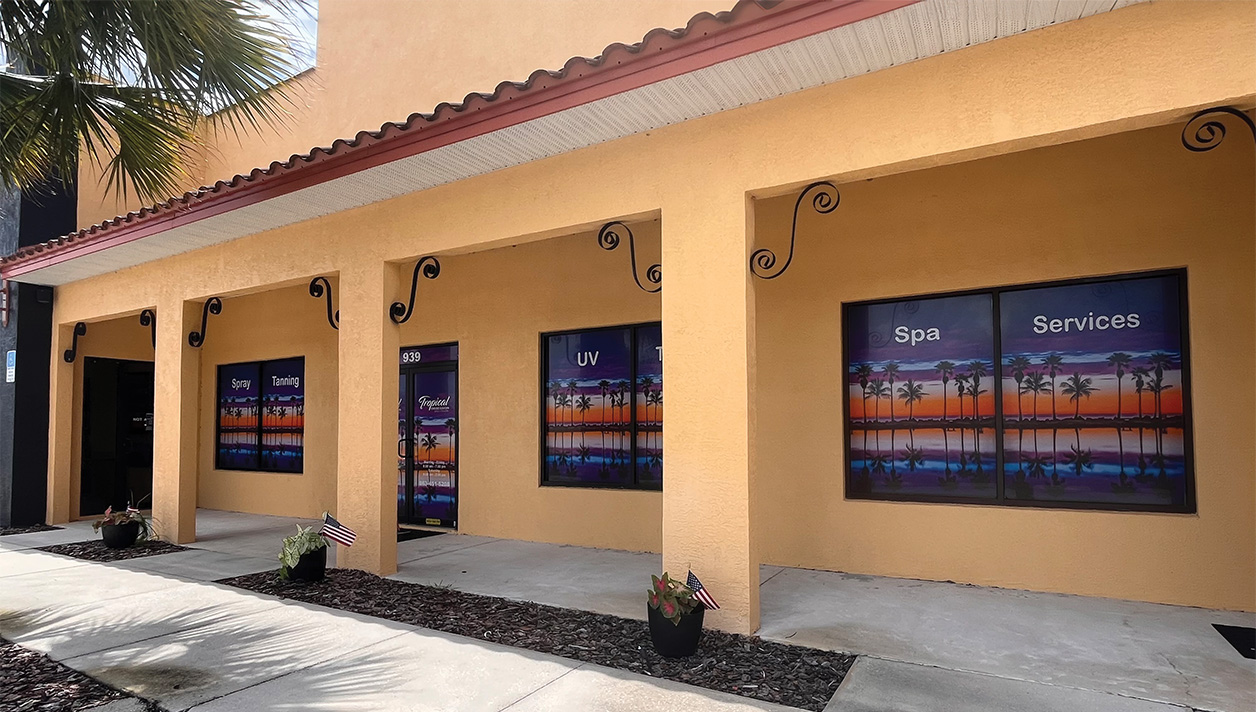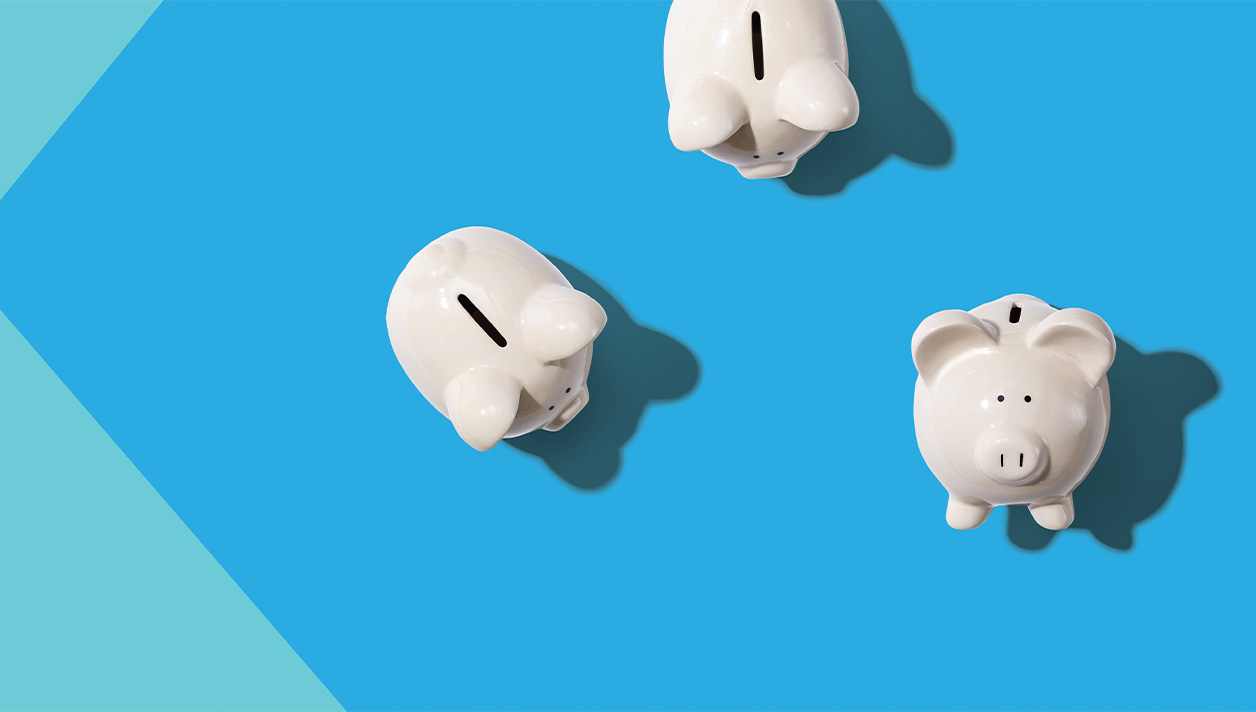Do you hold your breath every time you check your bank account balance? Are you shocked when your monthly credit card statement arrives? Do you think you’re earning a good salary until you see how little is left over after taxes and expenses?
If your answer to any of these questions is yes, then you’re not as good at managing your money as you could be.
Here are five signs that you need to improve the way you handle your money:
1. You focus more on saving than earning.
There’s “good debt” – like investing in your future to build wealth. Then, there’s “bad debt” that comes from excessive credit card use and the resulting high interest rates. Paying those rates is like throwing money out the window. The more you use plastic, the deeper into debt you go until it’s almost impossible to pay it off. If you have credit card debt, pay it down as quickly as possible. Make this your top priority. The money you’re paying in interest could be used for real investments.
2. You buy pretty things you don’t need.
Once again, if you don’t keep track of your monthly expenses, both fixed and variable, how can you manage your money? Don’t get lulled into a false security because of autopay and think you can ignore your bills. Keeping on top of your bills means no unexpected phone calls from debt collectors or other unpleasant surprises. It also means a bigger chance of having something left over to invest.
3. You give in to comfort.
Anyone who knows me understands that I don’t save money. I store it until I can invest it, most often in real estate. Saving money in a bank earns you next to nothing with today’s interest rates, but regardless of whether you save or invest, you’ve got to put some money away whenever you earn it. Ten percent of your net income is a good start. You’d be surprised at how quickly it can add up. When it does, then you can multiply it like I did.
4. You’re not investing in income-producing assets.
I know what you’re thinking. “How can I invest when I can’t even pay my bills?” I’ve got news for you. Very few investors (including me) invest entirely with their own money. Borrowing money to invest is the kind of debt that gets you somewhere, unlike credit card debt. Even in this economy, there are opportunities particularly in real estate, which I know a thing or two about.
5. You’ve got no emergency fund.
Safety net. Money cushion. Whatever you call it, you need money for emergencies because they happen to us all sooner or later. Not having anything put away means you’ll have to “put it on the card” when an unexpected situation occurs. That means getting deeper in debt. Plus, there might be some situations when you can’t just break out the plastic. What if you and your family have to flee a natural disaster that’s knocked out the power? Such scenarios make it vital to have some sort of backup funds. Responsible money management is the only way to do this.
Look, I get it. I know what it’s like to stretch a dollar and live paycheck to paycheck. Sometimes I didn’t even have a paycheck. When I started out, I didn’t know anything about managing money because I had no money to manage. But when I had finally had enough of being broke and struggling, I began to study people who had money and what they did with it. Then, I became disciplined and put what I learned into practice. Now, when it comes to money, I can tell you I don’t worry about it. I think about how I can multiply it. I’m sure you’ll enjoy it as much as I do.




























